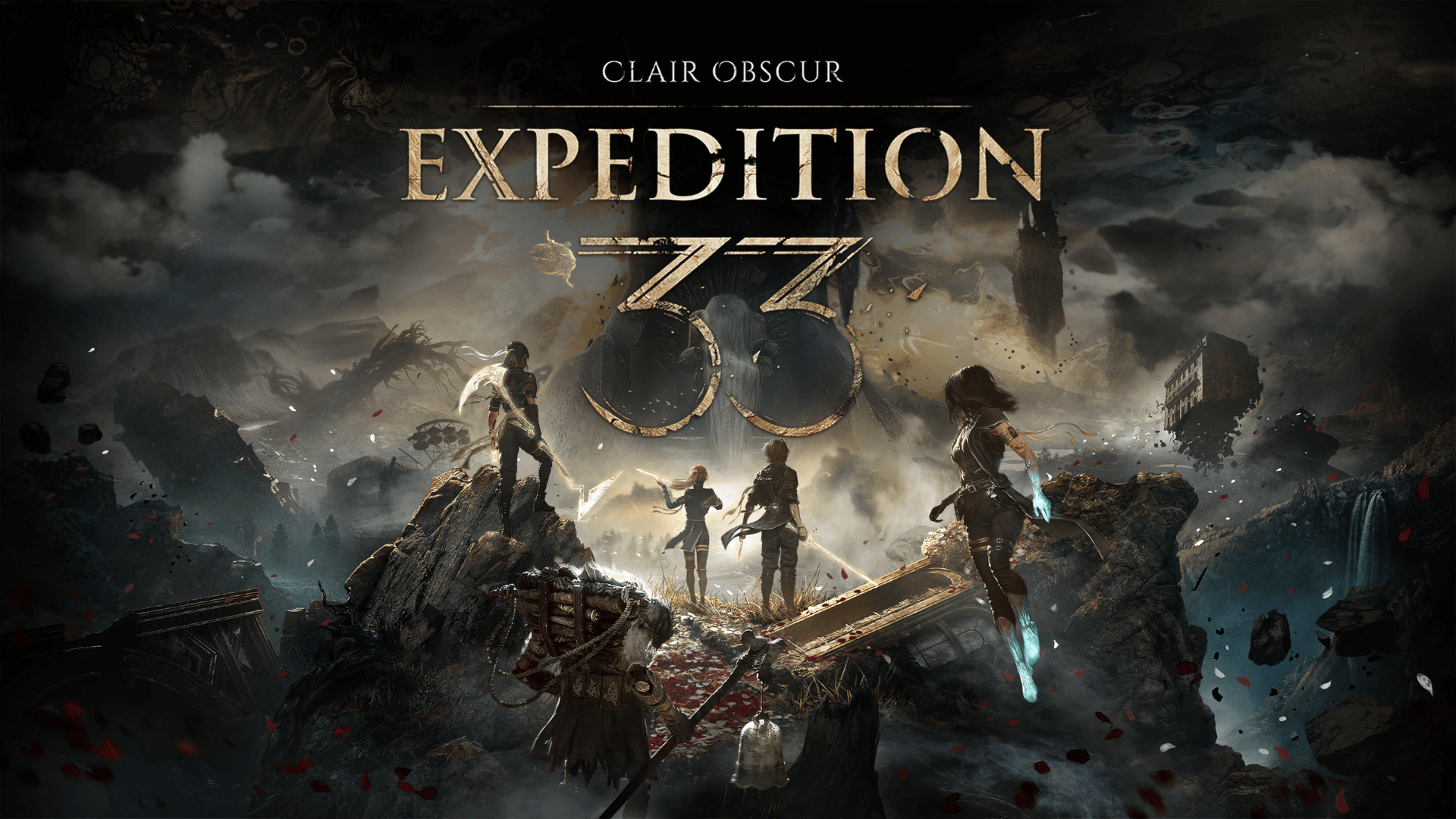News: Ubisoft Faces Legal Action After Shutting Down The Crew - A Controversial Decision
A Controversial Decision
In a turn of events that has sparked considerable debate among gamers and industry analysts alike, Ubisoft has found itself
embroiled in a legal battle following its decision to shut down 'The Crew,' a popular racing franchise. Developed by Ubisoft,
‘The Crew’ offered players an expansive open-world experience, blending high-octane racing with a rich narrative and a dynamic
online community. However, the recent announcement regarding the game's closure has led to an unexpected lawsuit, stirring
discussions about consumer rights, digital ownership, and corporate responsibility in the gaming industry.

The Shutdown Announcement
Ubisoft’s announcement to discontinue 'The Crew' was met with mixed reactions from the gaming community. The game, which launched
its first installment in 2014, garnered a dedicated fan base thanks to its innovative features and engaging gameplay. However, the
company revealed that it would be shutting down servers for the game, citing a “decrease in player interest” and the need to
reallocate resources to newer projects. The announcement included a timeline for the discontinuation of services, with servers
expected to go offline shortly.
The decision not only affected players who had invested time and money into the game but also raised questions about the nature
and value of digital ownership. Gamers who purchased downloadable content (DLC) and in-game items were left feeling duped as their
investments were rendered obsolete.

Legal Action
In response to the shutdown, a group of players has initiated a lawsuit against Ubisoft, claiming that the company has violated
consumer rights. The lawsuit alleges that players who bought the game and its associated DLC are entitled to continue using the
content they paid for, even after the shutdown. The plaintiffs argue that Ubisoft's actions constitute a breach of contract, as
purchasing the game created an implied agreement that players would have access to it for a reasonable duration.
The legal case is being framed around several key arguments. Firstly, there is the issue of intellectual property and the rights
of consumers over digital purchases. As more games transition to online platforms and subscription models, the concept of digital
ownership has come under scrutiny. The plaintiffs contend that by shutting down the servers, Ubisoft is denying them access to
a product they legally purchased, which raises critical questions about the nature of ownership in an increasingly digital
landscape.
Additionally, a significant point of contention is the monetary investment made by players in DLCs. Many fans of 'The Crew' have
spent substantial amounts of money on game expansions, in-game currencies, and other digital products that now hold no value due
to the shutdown. The plaintiffs argue that Ubisoft has a responsibility to ensure that such content remains accessible, particularly
when significant amounts of money have been invested.

The Impact of Digital Ownership
Ubisoft's decision is not an isolated incident. The gaming industry has increasingly embraced digital distribution, leading to
questions about consumer rights in this new paradigm. Many players have expressed frustration over what they see as a lack of
accountability from publishers regarding the long-term accessibility of digital content. This lawsuit could set a precedent for
how digital ownership is viewed in the gaming world, forcing companies to reconsider their policies on server shutdowns.
The growing trend of digital downloads and subscription services has generated concern among consumers about the ephemeral nature
of their content. Unlike physical copies that players can own indefinitely, digitally acquired games and DLCs are often bound by
the company's server availability. If a game’s servers are turned off and a player can no longer access the content, is it fair to
say they truly own that content? This lawsuit could be pivotal in redefining the terms of digital ownership and the obligations
companies have toward their customers.

Ubisoft’s Response
As the lawsuit gains traction, Ubisoft issued a statement reaffirming its commitment to delivering quality gaming experiences.
The company acknowledged the challenge of balancing legacy titles with the development of new content. However, Ubisoft stood
by its decision, emphasizing that shutting down games is sometimes necessary for the sustainability of their broader gaming
ecosystem.
Ubisoft also pointed out that players were informed of the shutdown in advance and encouraged them to provide feedback on their
experiences. While the company maintains that this decision was in line with industry standards, the backlash has highlighted a
growing rift between major publishers and their communities.

The Bigger Picture: Industry Implications
The ramifications of this lawsuit extend beyond Ubisoft and ‘The Crew.’ The case may ignite a broader conversation about the
practices of the gaming industry, potentially leading to stricter regulations regarding digital content and consumer rights.
If the lawsuit succeeds, it could compel publishers to modify their business models to ensure that players retain long-term
access to the games they purchase.
Moreover, there is a growing recognition among gamers of the importance of advocating for their rights. The online community
has become increasingly vocal about issues like this, often rallying behind causes that promote fair treatment of consumers.
As awareness of these issues continues to grow, gamers may feel more empowered to challenge corporate decisions that they
believe are unjust.

Conclusion
Ubisoft's decision to shut down 'The Crew' has ignited a firestorm of criticism, ultimately leading to a lawsuit that could
have far-reaching consequences for the gaming industry. As the case unfolds, it will be closely watched not just for its
implications on Ubisoft and its practices but also for the broader conversation about digital ownership and consumer rights
in an era dominated by digital distribution. The outcome of this legal battle may very well shape the future of how gamers
interact with the titles they love, ensuring that player interests are taken into account in the ever-evolving landscape of
the gaming world.
